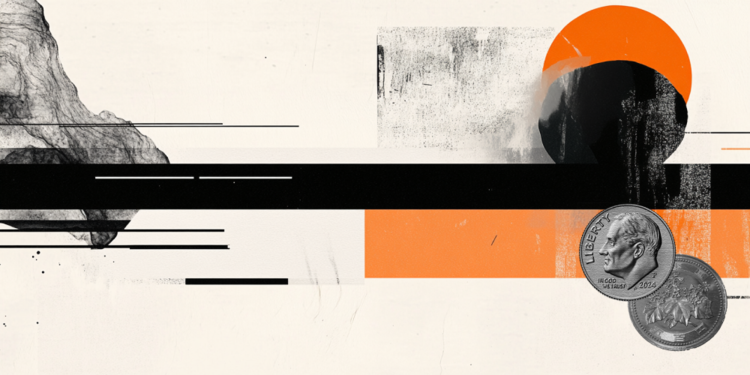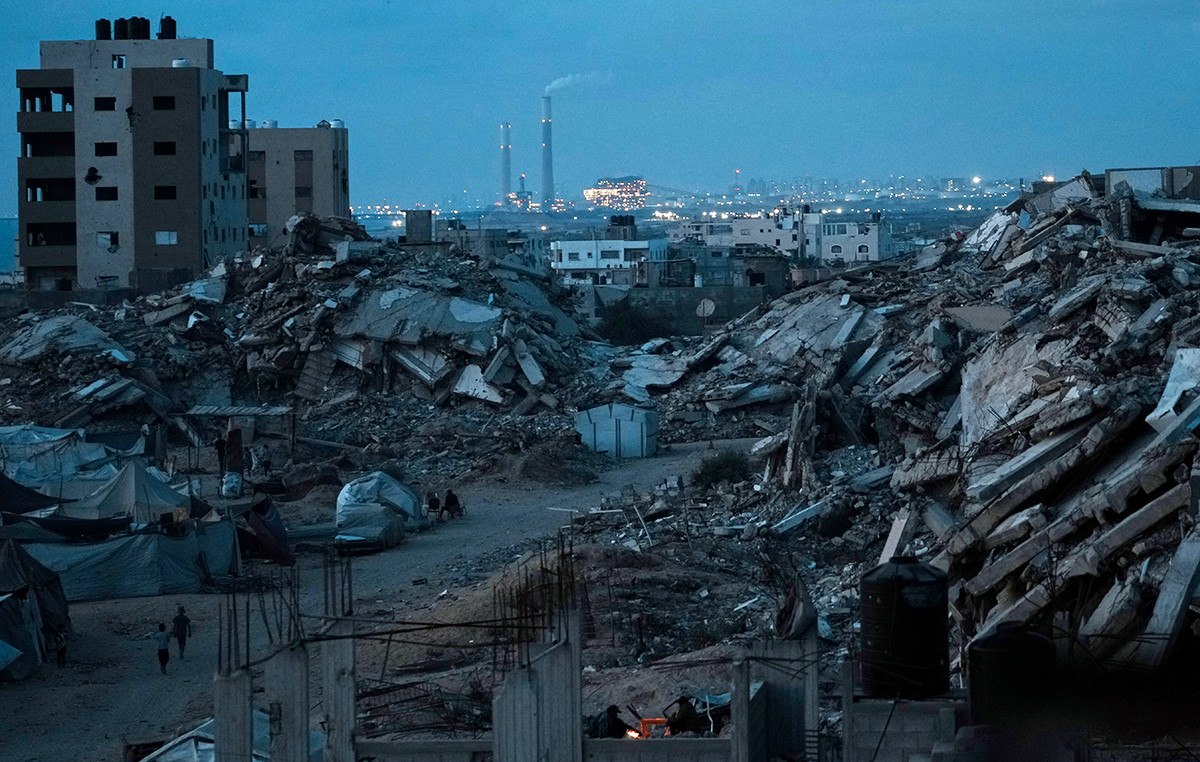Israel has not yet reached an agreement on how to respond to the Iranian attack that took place over the weekend, when more than 300 projectiles were fired at its territory in the first direct military clash between the two nations.
On the one hand, Israel must balance international pressure to show restraint. On the other, it is looking for an adequate response to an unprecedented attack. Prime Minister Benjamin Netanyahu has to weigh his right-wing coalition's call for a strong reaction against the risk of greater international isolation for Israel, with a worsening of the war without international support.
This Monday (15), Israel's war cabinet remained determined to respond to the offensive – which Iran says was in retaliation for an alleged Israeli attack on an Iranian diplomatic building in Damascus, Syria, on April 1 . Despite pressure from allies not to intensify the escalation, the cabinet is debating the timing and type of response, they told CNN two Israeli officials familiar with the deliberations.
Analysts say Israel has few options, and that each of those options comes at a price for the Jewish state, especially as it is already engaged in a brutal six-month war with Hamas in the Gaza Strip and faces several Iranian-backed militants in the region. .
A direct attack on Iran would set yet another precedent. Although Israel is believed to have conducted covert operations in Iran over the years, often targeting individuals or facilities considered a threat to its security, it has never launched a direct military attack on Iranian territory.
“We are definitely in a new phase, and a very dangerous phase of the confrontation between Israel and Iran,” said Raz Zimmt, an Iran expert at the Institute for National Security Studies in Tel Aviv. “Iran certainly tried to change the rules of the game with Israel. We can expect more rounds of direct attacks in the future.”
While Israel finds it difficult not to retaliate, he said, the country is unlikely to conduct a “large-scale military strike against targets inside Iran” immediately, as Tehran has vowed to hit back with an even larger response than the strike launched over the weekend. .
“The preference in Israel has been to continue and focus on achieving the main objectives in Gaza, and not on opening new fronts,” Zimmt told CNN .
Alon Pinkas, a former Israeli diplomat, said Israeli retaliation with direct attacks on Iran is unlikely. But if it does happen, he said, the consequences will depend on the targets. Targets could include military assets or the Islamic Republic's nuclear program, he said. “Each represents a different level of climbing.”
See images of Iran's attack on Israel:
Source: CNN Brasil
Bruce Belcher is a seasoned author with over 5 years of experience in world news. He writes for online news websites and provides in-depth analysis on the world stock market. Bruce is known for his insightful perspectives and commitment to keeping the public informed.







